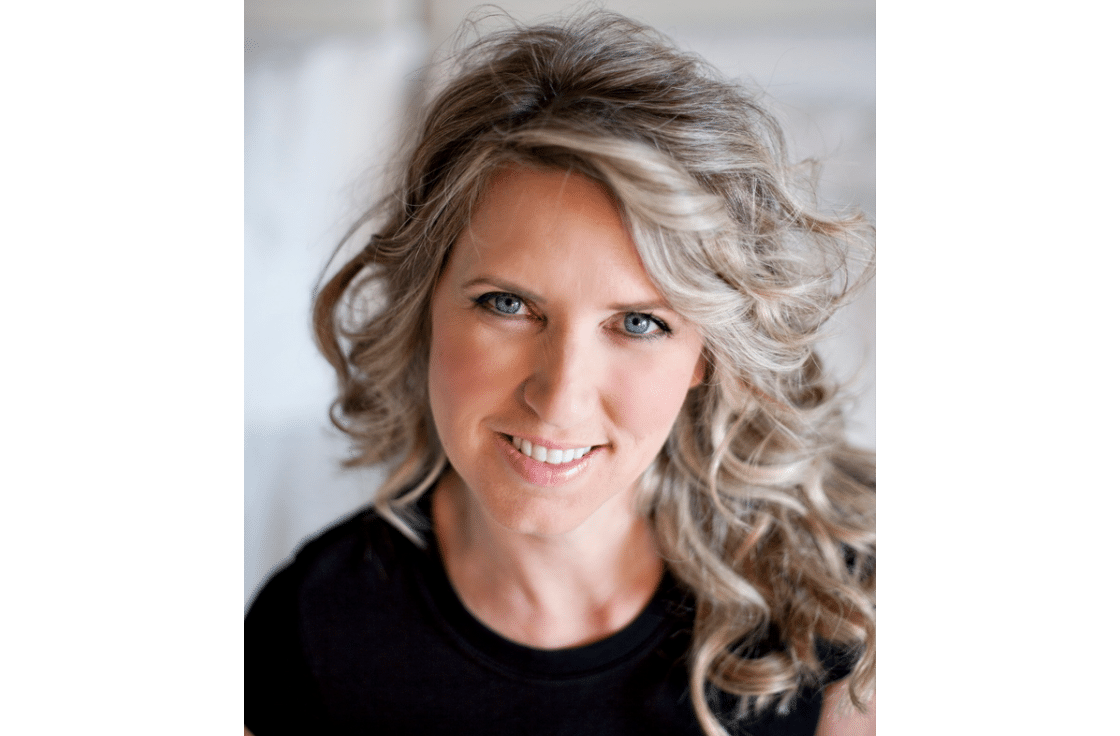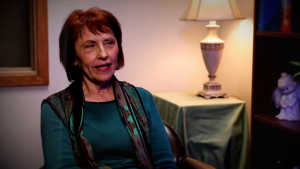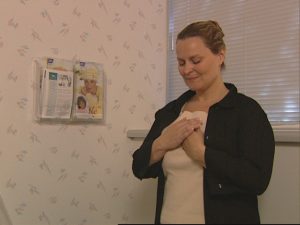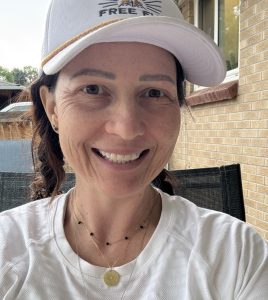By Tracy Maxwell
For as long as I can remember, I have valued independence, believing it is important to stand on my own two feet, and do it myself. This has led to some interesting dynamics in my personal and professional lives, such as not being a great delegator, maintaining high expectations that things be done as well as I would do them myself, and not always fully recognizing or acknowledging the contributions made by others.
When I was first diagnosed with cancer, the hardest thing for me was asking for help. I knew I couldn’t do it on my own, and people wanted to contribute to me, but it took some time to identify what I needed and ask for it. It was even more difficult to actually receive it. I was the one that was supposed to be helpful. Giving has always been way more comfortable for me.
Facing your own mortality at 36 is difficult. Grasping the fact that you will likely lose your fertility as a result of treatment, and wondering, “Who will ever love me now?” is even tougher. I can see all the lessons and silver linings of the journey in retrospect, but hearing those words – “you have cancer” is just scary. Even after eight years, the news never gets easier.
I believe strongly in the mind-body-spirit connection in both causing and healing illness. Stress, loneliness, isolation, abuse, and all manner of psychological issues impact our physical health. Even though I have had a good life free from major trauma, I recently came to grips with the fact that I created cancer in my life in order to receive what I perceived was missing: love, support, connection, and a break from my crazy schedule.
This is both difficult for me to admit – that I would need to manufacture an illness to receive those things – and empowering. Because if I created it, I can un-create it too. I take full responsibility for my life and my health, but I realize now that I don’t have to do it alone. In fact, I know that I can’t.
Last year, I was actively writing my book (just released), transitioning away from a nonprofit that I founded, and moving toward a new career as an author, speaker, and coach. On June 3, 2013, I received my final paycheck, submitted my book manuscript to the publisher, and got the news from my oncologist that the masses in my abdomen that we had been watching for 18 months were growing and one of them was beginning to press against my kidney.
I knew I wasn’t going to do more chemo, and I had avoided surgery for as long as I could, but now, going under the knife again was staring me in the face. It would have been so easy to despair at going through cancer again, for the third time. With my fourth surgery looming, I knew I wanted to pursue alternative treatments and found a great clinic in California to help, but it was expensive, and being very recently unemployed and starting a new business, I didn’t even have funds to pay my mortgage, much less spring for pricey clinic bills not covered by health insurance.
This is where the vulnerable part comes in. I asked my community for support. I had asked before, and they always answered, but this was a BIG ask. I needed to raise $30,000 and fast. I set up a fundraising page and watched, amazed, as the money rolled in to pay for my treatment. So many people showed up to help once again with meals, support getting to and from the hospital, and all manner of support after surgery. One friend stayed with me for several days and nursed me, and when my condo stairs were being repaired and I couldn’t easily get in and out of a second-story unit, another shared a guest room in her house and looked after me for a week.
None of it would have happened if I hadn’t allowed myself to be vulnerable and share what I was going through and what I needed. There is a fine line between being a victim – complaining, whining, and asking, “Why me?” and being vulnerable – sharing authentically what is difficult and humbly asking for support. I am so glad to have recognized this line and consciously moved to the other side of it through my cancer experiences. It has made all the difference in my life.











